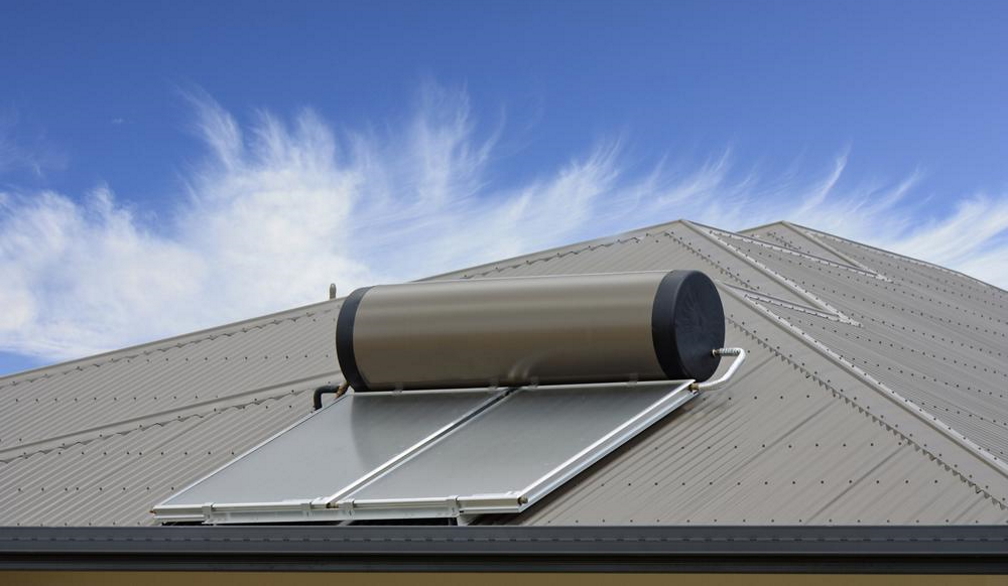How a Solar Hot Water System Works

Solar hot water systems are a great way to reduce your reliance on traditional energy sources like gas and electricity. They work by using the sun's energy to heat up water, which can then be used for things like bathing, washing dishes, and laundry. Solar hot water systems have been around for centuries, and there are now many different types available on the market. Here's a look at how they work.
What is a solar hot water system?
A solar hot water system is a device that uses the sun's energy to heat up water. The water is then stored in a tank and can be used for things like bathing, washing dishes, and laundry. Solar hot water systems have been around for centuries, but they've only become widely available in the last few decades.
Two main types of solar hot water systems are active and passive. Active systems have pumps and controls that circulate the water through the system. Passive systems rely on gravity to circulate the water.
Active solar hot water systems are typically more expensive than passive systems, but they're also more efficient. Passive systems are simpler and cheaper to maintain, but they can take longer to heat up the water. A good plumber can help you decide which types of hot water systems are best for you, so be sure to ask for their advice.
How solar systems work
Solar hot water systems use the sun's energy to heat water. They are made up of a solar collector, an insulated storage tank and a backup system for cloudy days or high demand. Solar collectors can be either 'evacuated tube' or 'flat plate' type.
Evacuated tube solar collectors have a series of tubes. The tubes are placed in a glass outer shell which has been vacuumed, so it is well insulated. This means that fewer heat escapes, making the system more efficient. Flat plate collectors have an absorber plate that is coated with a material that absorbs sunlight well (usually black). The absorber is connected to pipes that carry water or heat-transfer fluid. The flat plate is placed in an insulated box with a glass or plastic cover.
Pros & cons
Solar hot water systems can save you money on your energy bills—in some cases, they can cut your bill in half! They also last longer than traditional water heaters, with a lifespan of 20 years or more. And because they rely on the sun for power, they don't produce greenhouse gases like natural gas or propane water heaters do.
The biggest downside to solar hot water systems is their initial cost. They typically cost several thousand dollars to install, although government rebates and tax credits often offset this cost. Additionally, solar hot water systems also require a well-insulated home—if your home isn't properly insulated, the sun's heat will escape, and you won't get the full benefit of the system.
Solar hot water systems are a great way to save money and reduce your reliance on traditional energy sources. They have a few drawbacks, but the advantages far outweigh the disadvantages. If you're considering a solar hot water system for your home, be sure to do your research and find a reputable installer.









